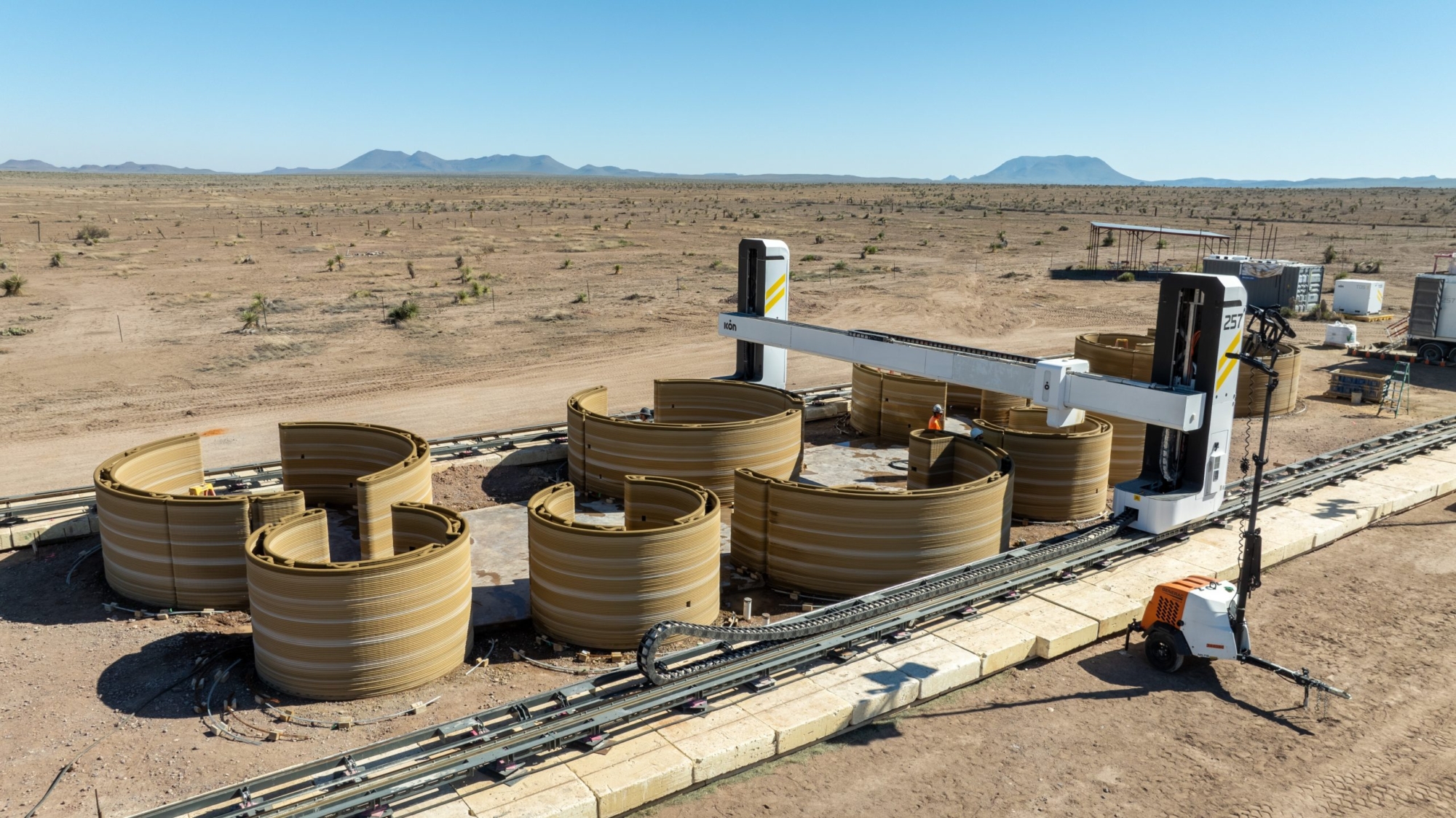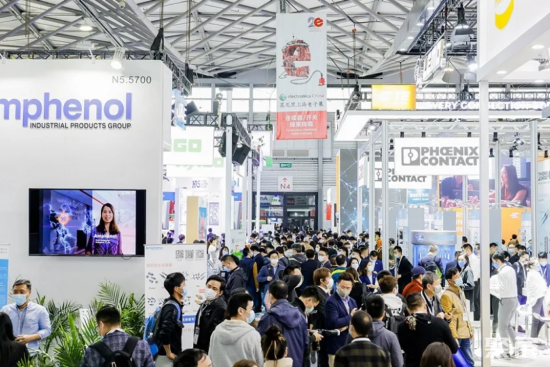
Rebecca Essess
As 2024 slowly draws to a close, it’s time to look ahead to what’s ahead for the hospitality industry in the coming year. While sustainability, luxury and wellness remain key priorities on planners’ minds, exciting new technological developments are emerging that have the potential to further reshape the industry.
Artificial intelligence enhances wine experience
BetterAI launches VinoVoss, an AI sommelier that delivers highly personalized wine recommendations, revolutionizing the way we discover and enjoy wine. Available on both web and app platforms, VinoVoss uses advanced artificial intelligence and natural language processing to adapt to users’ unique tastes, making wine selection easy for everyone from beginners to connoisseurs.
The app’s intuitive features allow users to search by grape, region, food pairing or mood, with sommelier Smart Somm answering questions like “What red wine goes well with steak?” This innovation is not only designed to make wine selection smoother and more efficient, but also to enhance the overall wine experience that everyone can enjoy.
VinoVoss is the perfect match for any occasion you have planned, whether it’s a business lunch, fundraiser or elegant soirée. Users can view peer and expert ratings for each item, and with a “Buy Now” button, users can seamlessly connect with merchants to purchase the wine they want. VinoVoss plans to add features such as social networking and delivery application integration that will further enhance the wine industry and the wine selection process.
Voice AI advances in hotel booking
Priceline is the first travel company to integrate its AI chatbot Penny with OpenAI’s latest voice technology. While flights and car rentals are not yet included in the technology, users can now interact with Penny via voice or typing to search for hotels or get travel recommendations. Priceline first launched Penny, powered by OpenAI’s generative AI, in June 2023 and launched the first version of Penny Voice in early October 2024, with more updates expected in the coming months. According to Priceline, the new voice integration is designed to make hotel bookings as easy as having a conversation. Currently, Penny Voice is available on the Priceline website and app.
Voice search technology has struggled to gain traction in the travel industry due to technical limitations and skepticism about its practical use. However, OpenAI’s recent advancements may change this, making interactions with artificial intelligence feel more natural and efficient. The updated voice bot can respond in real time, understand different accents and even interpret non-verbal cues.
While currently limited to hotel searches and bookings, Penny Voice will eventually support flights, rental cars, and vacation packages. The long-term vision is to create a fully integrated AI travel agent that assists travelers throughout their journey.
The first 3D printed hotel
In October 2024, the first “carbon positive” hotel opened in Colorado, and the world’s first 3D printed hotel is currently being built in Texas. El Cosmico, currently a 21-acre hotel and campground in the desert north of Marfa, Texas, is undergoing a groundbreaking expansion using a large-scale 3D printer called the Vulcan. The Vulcan is a 46.5-foot-wide, 15.5-foot-tall machine built by Texas company ICON that can layer concrete to build curved, sand-colored walls without any cranes or scaffolding.
The project, a partnership between ICON, El Cosmico and Bjarke Ingels Group, will expand the existing El Cosmico to add 43 units, a swimming pool, a restaurant and 18 residences on 60 acres of land. The walls of the units are constructed using ICON’s proprietary low-carbon “lava concrete” material. This new development is expected to be completed in 2026 and is the beginning of a more efficient and “green” construction of the hotel industry.
Meet
Rebekah Icenesse is a staff writer from St. Louis.











Leave a Reply Cancel reply
You must be logged in to post a comment.